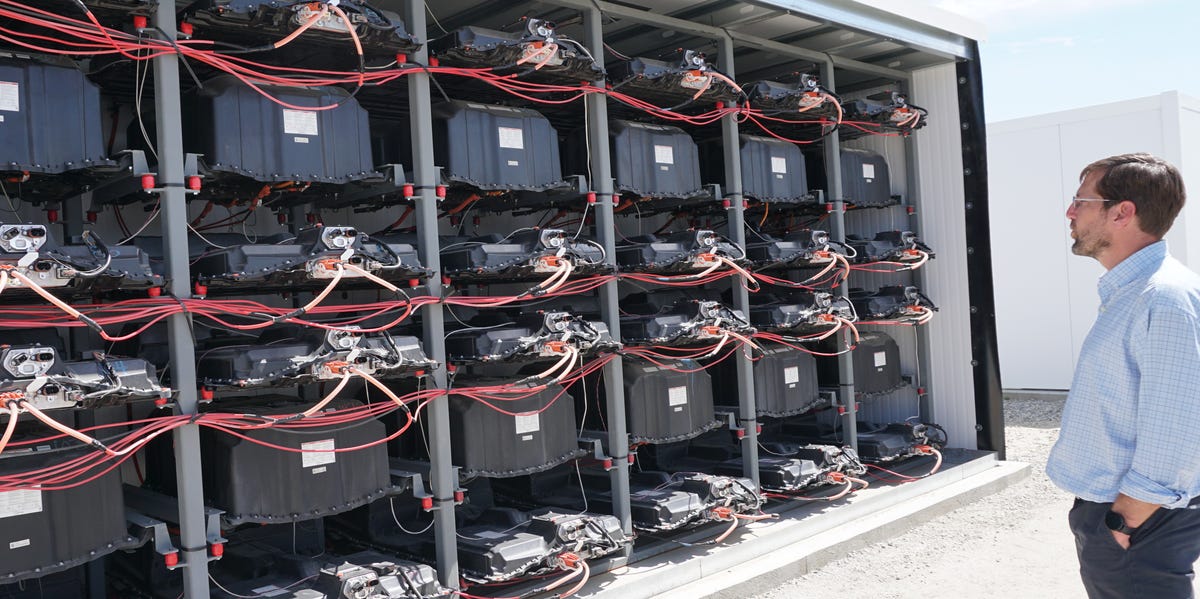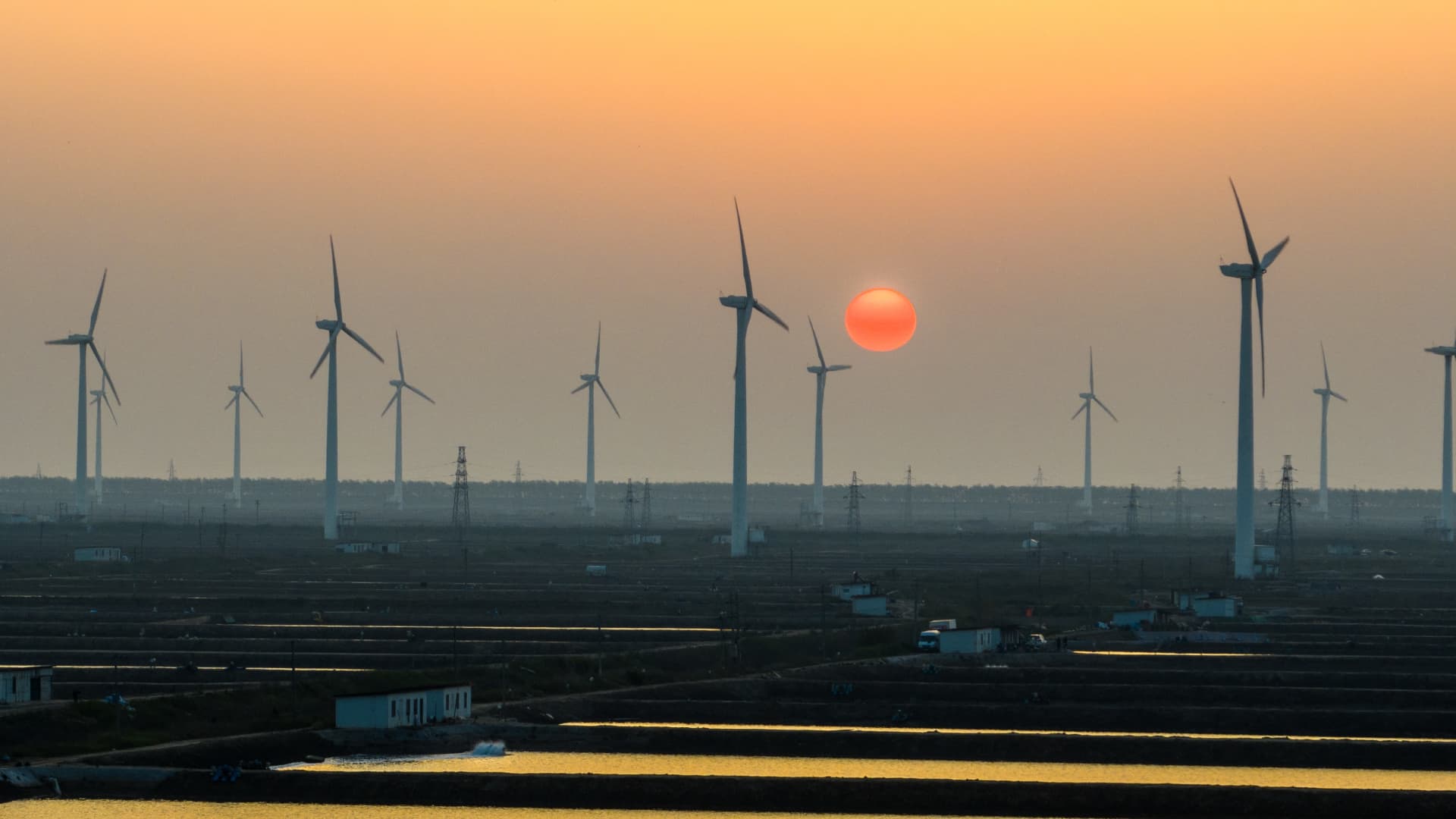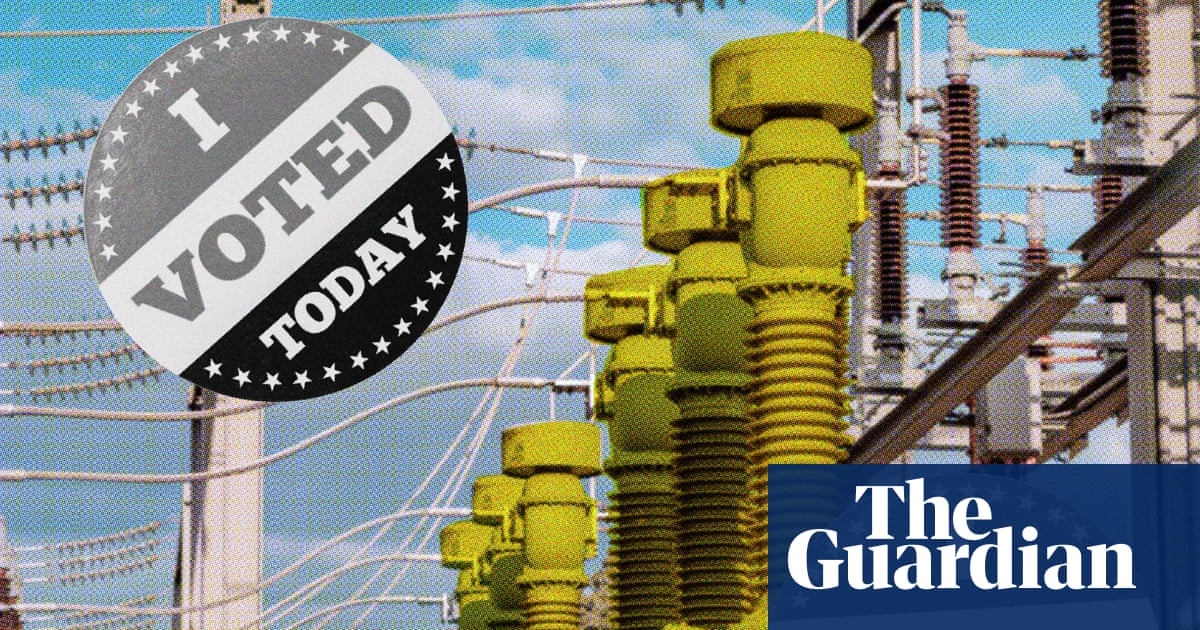mspohr
Well-Known Member
I agree.The resiliency argument isn't a good one, as anything serious* that takes down the electrical grid is likely to take down the NG distribution system at the same time. You get resiliency by pairing a generator with on site fuel storage. If you have a NG-connected generator and expect it to provide resiliency you're going to be disappointed when the biggest outage in 50-100 years hits and you're sitting in the dark because you didn't properly prepare.
*I'm not talking storms/weather, I'm talking major geomagnetic storms and MMI VIII or higher earthquakes, etc.
I think the best solution is distributed generation and storage. This is much less susceptible to disruption. Lots of small scale generation and storage is very resilient. A few sites might go down. OTOH, long distance gas, oil, electricity distribution is very vulnerable.










